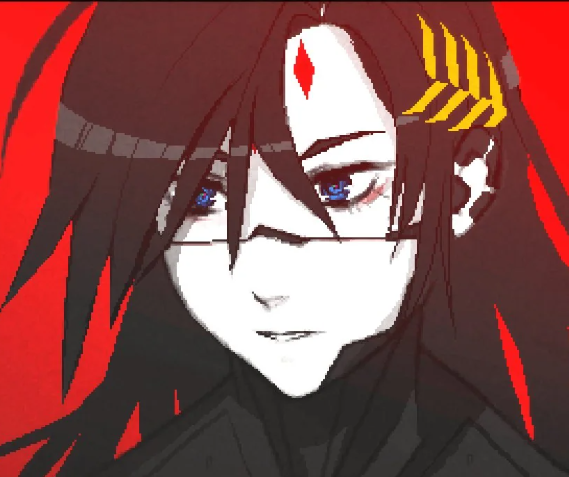I’ve been slowly learning more stuff about socialist history and the like, and I wanted to ask about the “Great Purge”. I only know kind of background things I’ve accumulated over the years, which are very likely warped and wrong given the whole propaganda machine and all that.
So yeah, any good sources to read more about it would be greatly appreciated, as well as potential critiques/justifications from a communist perspective. I know revolutionary violence is just part of taking and maintaining power, so I get that aspect. I do also see a lot of people got killed also, so imagine there’s a bit of debate either way on it.
Thanks for anything shared in advance!


Grover Furr collects resources on his espresso Stalinist blog
https://espressostalinist.com/the-real-stalin-series/party-purges/
There are a ton there but I’ll highlight several
Also you can read specifically about the military purges prior to WW2
https://espressostalinist.com/the-real-stalin-series/military-purges/